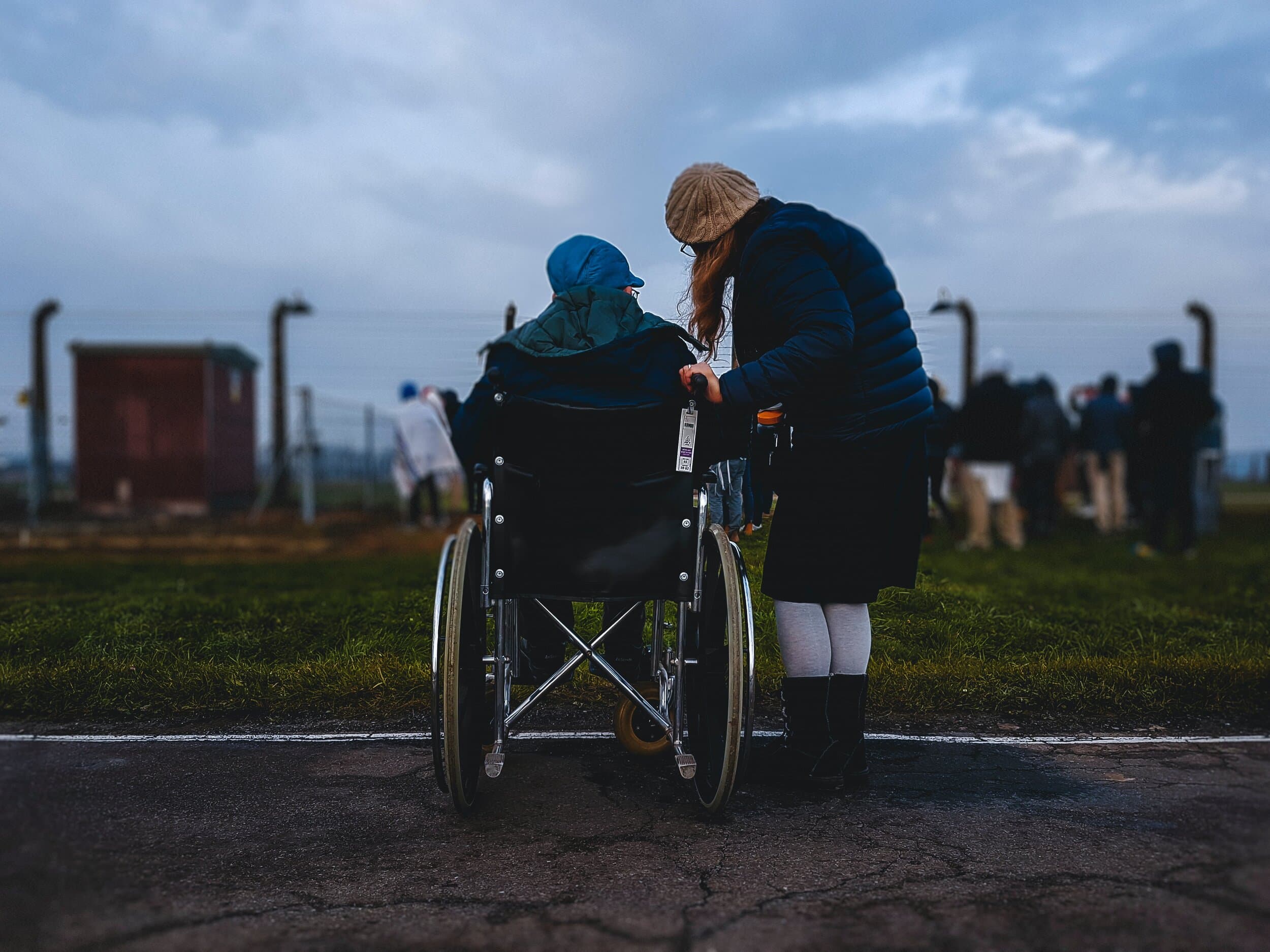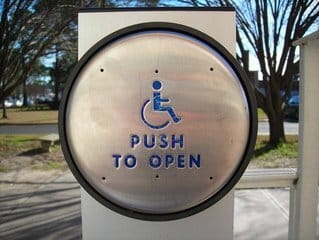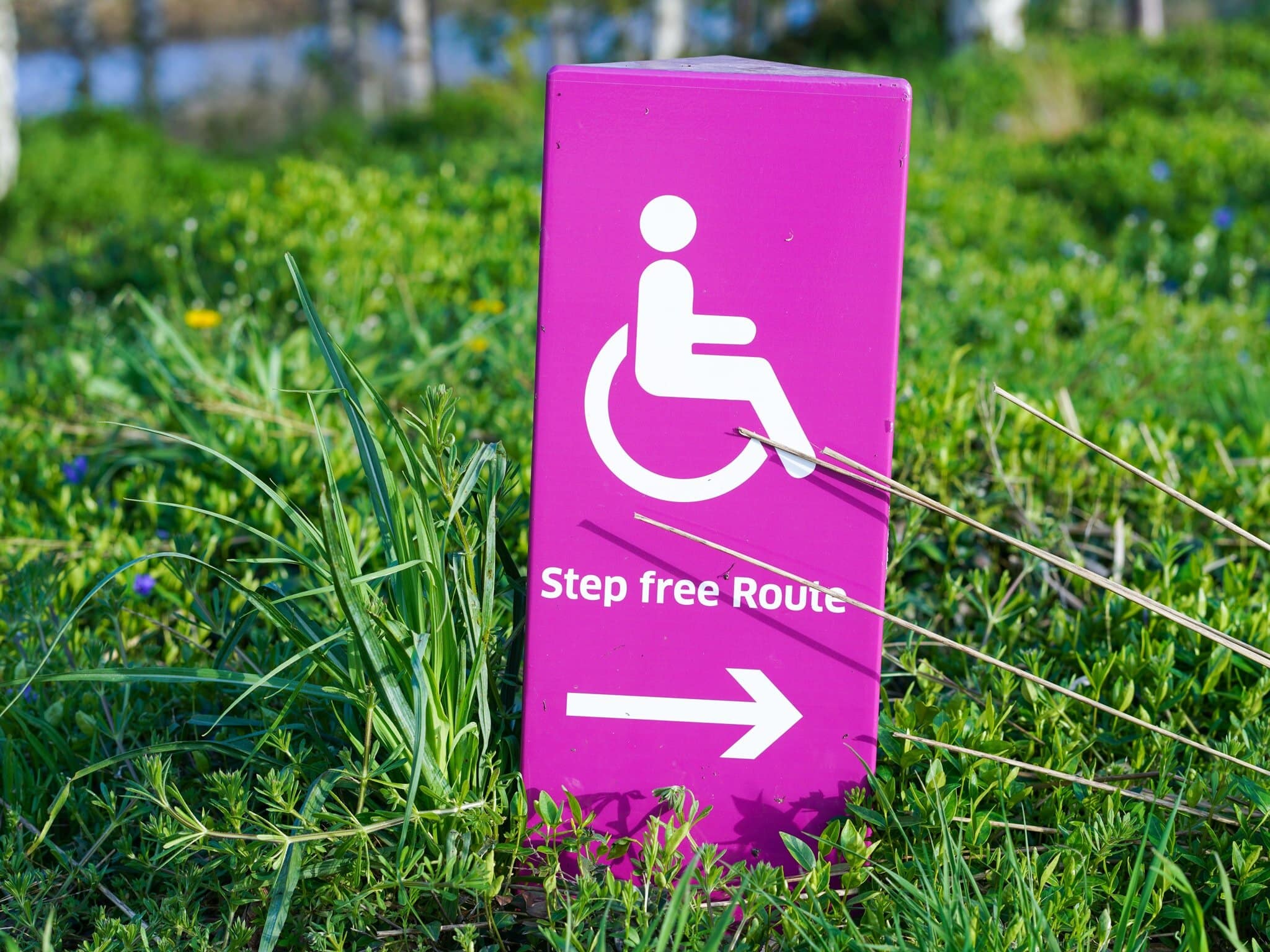
What to know about campus accessibility
Delaney Blackburn, Staff Writer
Students with disabilities on campus tend to face more challenges than non-disabled students due to a lack of accessibility on campus.
Colleges and universities in the United States cannot legally discriminate against those with disabilities.
Access to buildings, housing, and transportation are some of the responsibilities U.S. schools have when accommodating people with disabilities.
However, disabled students have said that campuses are still not fully accessible.
Grace Myers, sophomore at North Greenville University said in an interview, “Because of the ADA, which is the Americans with Disabilities Act, a lot of places have to accommodate people with disabilities, but certain places do the bare minimum.”
Myers explained that she has cerebral palsy, a disorder that affects a person’s ability to move and maintain posture or balance.
She said that she’s able to move across the hills on campus because she uses a powerchair instead of a traditional wheelchair, but she still struggles to open doors which makes it harder for her to access buildings.
Coordinator for the Office of Student Accessibility at North Greenville University Jo Ann Garrett said in an interview, “Mobility issues with accessing our buildings is an ongoing need for students with physical challenges.”
Myers said she has been advocating for more automatic door buttons since she arrived on campus.
“When I first got here, I heard ‘it’s only four years, you can just get someone to hold the door for you.’” Myers said.
Myers added that it’s also difficult for her to fit her chair through doorways, navigate the cafeteria, visit other dorms that have stairs in front of them and use transportation.
She said that she appreciates North Greenville University’s disability services department and their willingness to help, but there are some ways the university can be more accessible.
“It’s a lot easier to press a button than it is to worry about a door,” Myers continued, “automatic door buttons I think would change a lot.”
Myers said that she’s amazed by the open-mindedness of the mass communications department and their willingness to advocate for her.
“My professors know when to have the doors open for me or when they have to move a desk out of the way,” she said, “If someone else knows what I need then it’s not just me advocating for myself.”
Myers advises other students with disabilities to have a support system on and off campus to help them through their challenges.
“My family knows about my needs,” said Myers, “so having that support system is really great. I’m grateful for my suitemates who have gotten to know me and are willing to help me with certain things. Having that support system that I didn’t have when I first got here has changed everything.”
Garrett advised disabled students to advocate for themselves by requesting appropriate accommodations. She added, “Faculty could be better educated on a wide variety of disabilities in order to understand why certain accommodations might be needed.”
Garrett said that based on a recent survey, students appreciate the benefits of having the accommodations and advocacy of the office of student accessibility.



